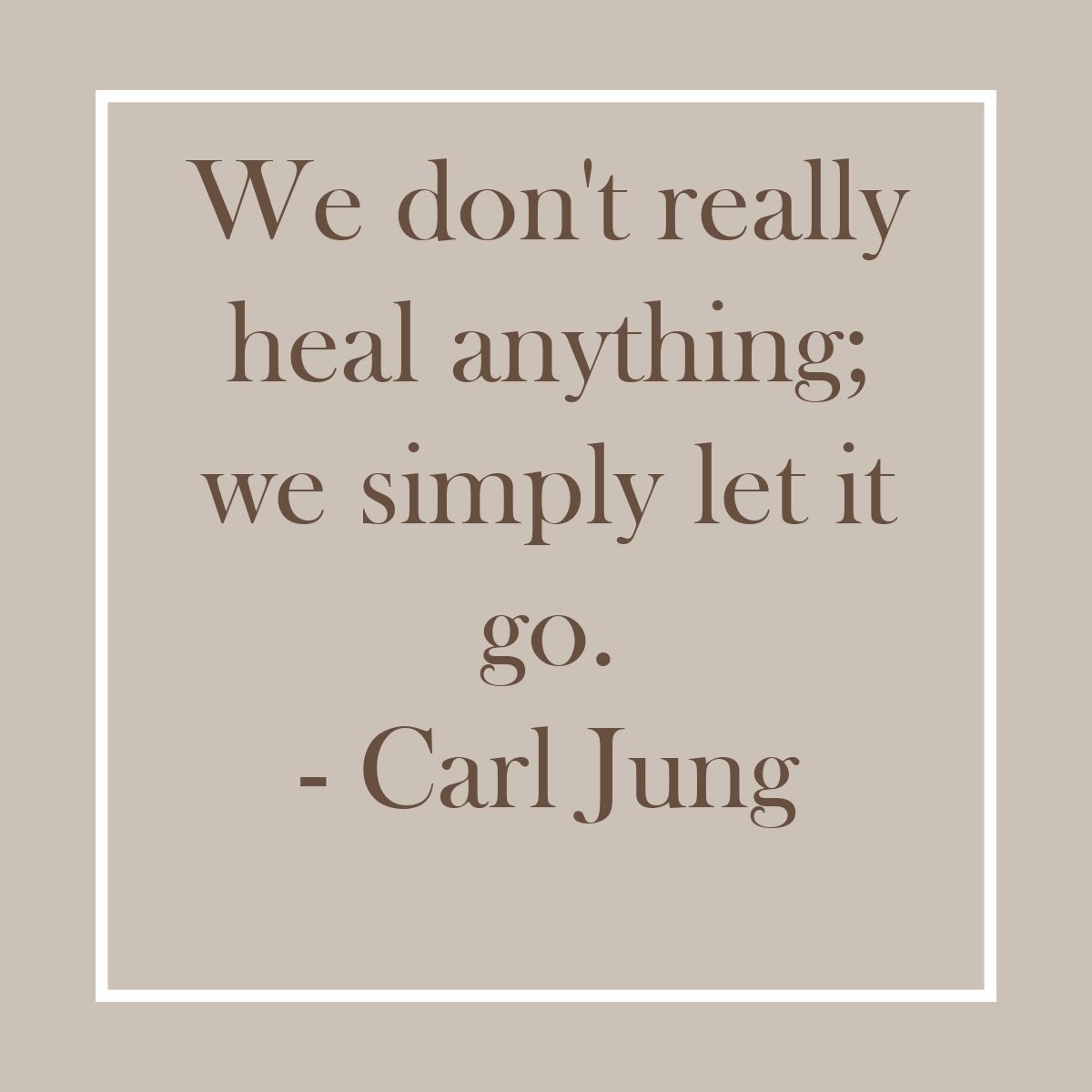The path to health part 5: Stress
 I’ve mentioned in a previous post, How stress makes you gain weight
, what kind of an impact stress can have on the body, specifically, as the title suggests, on weight gain. Only recently, however, have I truly begun to understand what a profound effect stress, and emotions in general, can have on one’s overall health in so many other ways. Stress management is a biggie and True Health cannot be realized if one does not keep it in check.
I’ve mentioned in a previous post, How stress makes you gain weight
, what kind of an impact stress can have on the body, specifically, as the title suggests, on weight gain. Only recently, however, have I truly begun to understand what a profound effect stress, and emotions in general, can have on one’s overall health in so many other ways. Stress management is a biggie and True Health cannot be realized if one does not keep it in check.
Stress is in your head. Quite literally. It springs from thoughts and emotions. Fear, anxiety, worry, anger…these all stimulate the stress response in our bodies. But just because something starts “in your head” does not mean that it cannot manifest itself in very real, tangible, physical ailments and illnesses. And this is also most certainly not to say that it is something easy to manage or control. The first step, at the very minimum, is to recognize the profound importance of making the effort to control them.
As I already explained the biochemistry of stress in my earlier post, I’m not going to repeat myself here. If you haven’t read it, I recommend you do so, for the reason that, for many people, it’s hard to grasp the concept that your physical health can have such a strong link to your emotional health unless the connection is spelled out in black-and-white. For this post I’ll simply state that feelings of stress cause the body to release stress hormones that, when allowed to persist for the medium- or long-term, can wreak havoc on the body’s digestive system, immune system, metabolism, sleep system and much more. Generally speaking, it throws your body out of balance, and when balance is lost, things go wrong.
Stressful situations breed illnesses. Obviously it’s not every time nor every illness, but quite frankly, when you work with enough people you get to see patterns. Find a person who has suddenly developed a new condition seemingly out of the blue – stomach ulcers, allergies, celiac disease, migraines, you name it – and if you do a little digging you’ll very likely discover that it developed around the time of something very stressful occurring in their life.
For example, IBS is an intriguing condition. I work now and then with people with IBS and since I’ve been looking for it, I’ve found that every one of them shares similar characteristics: they hold in their emotions, especially stressful ones. I have two cases that immediately spring to mind: in one case, a gentleman developed his symptoms around the birth of a developmentally challenged child (this in and of itself is very stressful, but he also felt it necessary to hide his stress for the sake of his family), and in another, a woman began to experience symptoms after she had been sexually assaulted but didn’t report it (she had been carrying around this secret for years as her IBS got worse and worse.) It’s an eerie parallel…those who work hard to mentally put a vice grip on their emotions have bowels that become similarly constricted. The hallmark symptom of IBS is alternating patterns of constipation and diarrhea; bowels that are constantly constricted simultaneously cause constipation and diarrhea because solid matter has no room to move, and the only thing that can pass through is liquid.
More recently, I’ve had the occasion to work with a client who has had MS for many years. Working on the same premise, I did some digging into the circumstances surrounding the development of her symptoms, and again, as expected, there had been some significant emotional turmoil in her life. In this case, she was in a relationship with a man who was undergoing a messy divorce, and the ex-wife’s presence made life extremely difficult for her. Despite the fact that the situation took place over 10 years ago, my client admitted that her “blood still boiled” whenever she thought about her husband’s ex. If her emotions are still this strong a decade later, saying that it was a stressful time for her would appear to be an understatement! 
So stress can be a trigger for many, many conditions, which leads me back to my first point. To stay healthy, we need to be able to manage our stress well. It’s simply not good enough to say “this situation is making me angry/worried/anxious etc., but I can’t control it” so do nothing. You are absolutely correct that the situation may be out of your control (though very few things truly are entirely in someone else’s hands), but how you react to it is in nobody’s control except yours. You choose to be angry and impotent about something versus motivated and resolute to fix it. You choose to use your energy to be anxious and worried instead of directing it towards something productive or helpful. And you choose to to remain a slave to stress rather than employing well-known, established strategies for combatting it, and reducing the circulation of those damaging hormones throughout your body.
I’m not a therapist, so I can’t offer you advice on how to work through your personal issues, or provide suggestions on exactly how to tackle the problems you’re facing. The fact is, however, they must be tackled; to do nothing is to open the door to illness.
What I can do is tell you is that the best and easiest way to turn off the production of stress hormones (the “fight-or-flight”) response in favour of the “rest and repair” response is to breathe. Not the shallow breathing that we do all day, but deep breathing. When we breathe deeply, we send a cascade of signals through the body indicating that the stress response is no longer necessary. You can’t breathe deeply when your body is in “fight-or-flight”…it’s just not possible. Ever notice how the most popular strategies for stress management involve deep breathing – yoga, meditation etc.? This is the reason.
You’ll actually find that most people with panic attacks and anxiety disorders are very shallow breathers – if your shoulders move up and down as you breathe, you are taking shallow breaths. There’s a terrific site I’ve found which teaches how to do this deep breathing technique. It’s geared towards people with anxiety attacks, but is applicable to everyone who wishes to relieve stress.
One final method to relieve stress: laugh. I’m sure you’ve heard it elsewhere that “laughter is the best medicine” and maybe even thought it was a rather hokey expression, but now I want you to think about laughing in the context of deep breathing…a good belly laugh forces all the air out of your lungs, and then, out of necessity, you are forced to take in deep breaths in order to replace it. So, laughter as medicine? Absolutely! So if you’re stressed or ill, take some time to laugh. Leave the dramas and thrillers aside…sit back in front of a good comedy and laugh ’til it hurts.
Too bad we can’t expense movie tickets on our health plans.
I’m really interested in hearing your comments on this post. Have you noticed the same thing as me…that illness follows stress? Please share your story: the more concrete examples we have, the more people will understand the link. And do you have any great ways to de-stress? I’d love to hear those, too.












